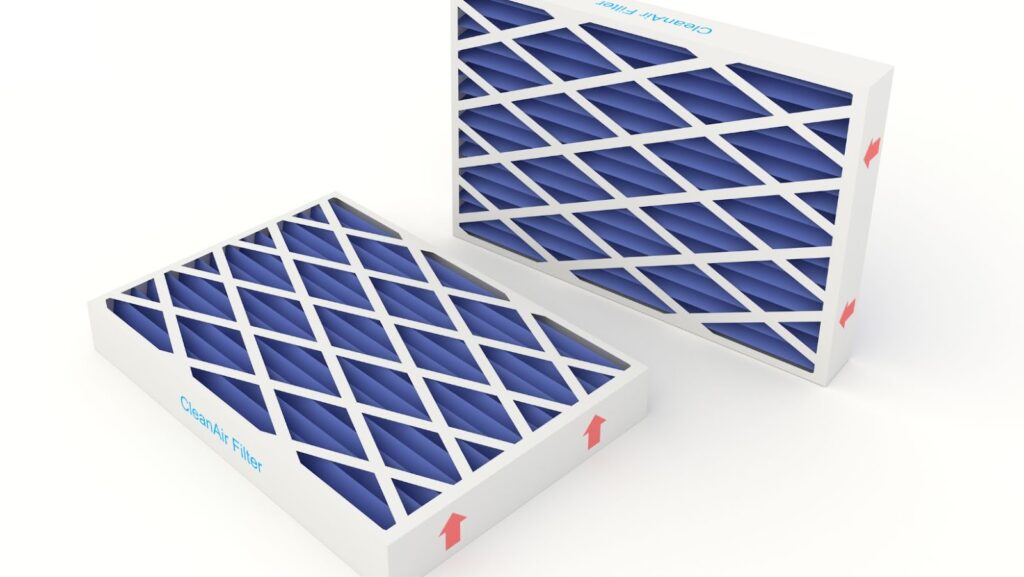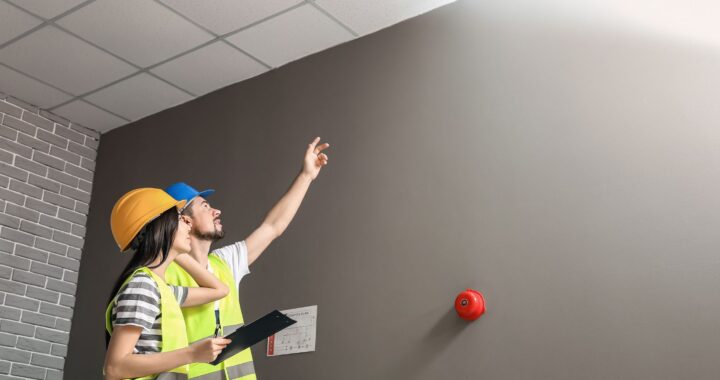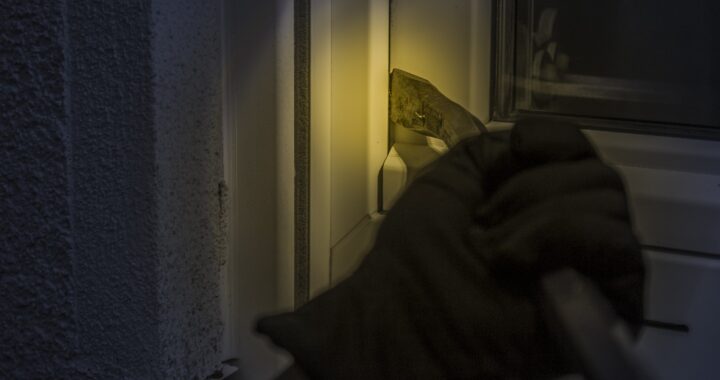Choosing the Right Air Filter for Allergies and Asthma

Introduction
Air filters are necessary for individuals who have allergies and asthma. They operate effectively by capturing air pollutants like dust and pollen, which might cause respiratory problems. Sometimes, it might be difficult to choose an air filter because there are so many different kinds available. You can select the ideal filter to facilitate easier breathing and find happiness in a healthier home environment by considering your particular needs and the qualities of each type of filter.
Types of Air Filters
There are several types of air filters on the market, each with its own unique characteristics. The most common types include:
HEPA Filters
HEPA (High-Efficiency Particulate Air) filters are the most effective type of air filter for capturing allergens. They’re made of densely packed layers of glass fibers and can capture particles as small as 0.3 microns. This includes pollen, pet dander, and even some viruses. HEPA filters have a MERV rating of 17-20, which is the highest rating possible.
Fiberglass Filters
Fiberglass filters are the most basic type of air filter and are also the least effective. They’re made of spun glass fibers and are designed to capture large particles such as dust and debris. However, they’re not effective in capturing smaller allergen particles.
Pleated Filters
Pleated filters are more effective than fiberglass filters in capturing allergens. They’re made of pleated paper or fabric and have a larger surface area, which allows them to capture smaller particles such as pollen and pet dander. They also have a higher MERV rating (minimum efficiency reporting value), which indicates their effectiveness in capturing airborne particles.

Electrostatic filters
These filters use an electric charge to attract and trap airborne particles. They are highly effective but require frequent cleaning.
UV filters
Ultraviolet (UV) filters use UV-C light to kill bacteria, viruses, and other microorganisms in the air. They are effective for controlling airborne germs but not as effective at removing larger particles.
Activated carbon filters
These filters use activated carbon to absorb odors, gases, and chemicals from the air. They are not as effective at trapping airborne particles as HEPA filters.
Choosing the Right Filter
When choosing an air filter for allergies and asthma, it’s important to consider the following factors:
MERV Rating
The MERV rating indicates the effectiveness of an air filter in capturing airborne particles. The higher the MERV rating, the more effective the filter is in capturing allergens. For allergies and asthma, it’s recommended to choose an air filter with a MERV rating of at least 8-11.
Filter Type
The type of air filter you choose will also affect its effectiveness in capturing allergens. For allergies and asthma, it’s recommended to choose a pleated or HEPA filter. Fiberglass filters are not recommended for people with allergies and asthma.

Air Flow
The airflow of your HVAC system can also affect the effectiveness of your air filter. If your air filter is too thick or dense, it can restrict the airflow and reduce the efficiency of your HVAC system. Choosing an air filter compatible with your HVAC system that doesn’t restrict airflow is important.
Frequency of Replacement
Air filters need to be replaced regularly to maintain their effectiveness in capturing allergens. The replacement frequency depends on the filter type and the allergen exposure level in your home. It’s recommended to replace pleated filters every three months and HEPA filters every 6-12 months.
Conclusion
Choosing the right air filter for allergies and asthma is crucial for maintaining good air quality in your home. Simply Filters, a leading air filter supplier, offers custom air filters for homes that cater to specific needs and preferences. With their wide range of air filters for homes, including 14.5X19X1 air filters, you can be sure that your home is equipped with the most effective filter to capture allergens and improve your quality of life.

 Why You Should Test for Asbestos in Toronto Homes
Why You Should Test for Asbestos in Toronto Homes  Is Your Apartment Building Safe? Key Checks Every Resident Should Know
Is Your Apartment Building Safe? Key Checks Every Resident Should Know  Five Innovative Ways AI is Changing Home Security for the Better
Five Innovative Ways AI is Changing Home Security for the Better